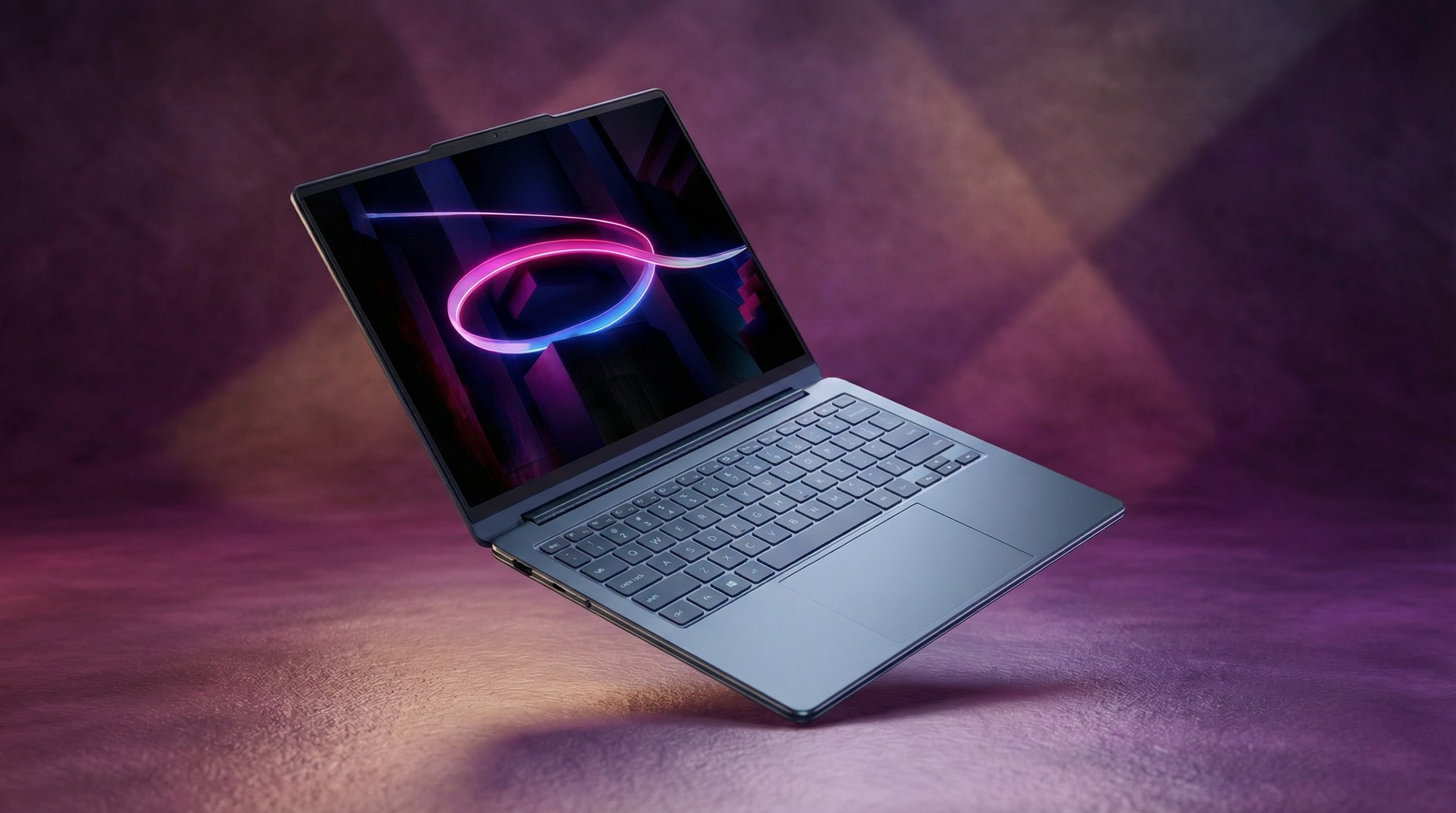Seeing Windows 11 on a Pixel sparked my dreams of a dual-boot phone
I doubt a phone will ever run Android and Windows, but I can dream.
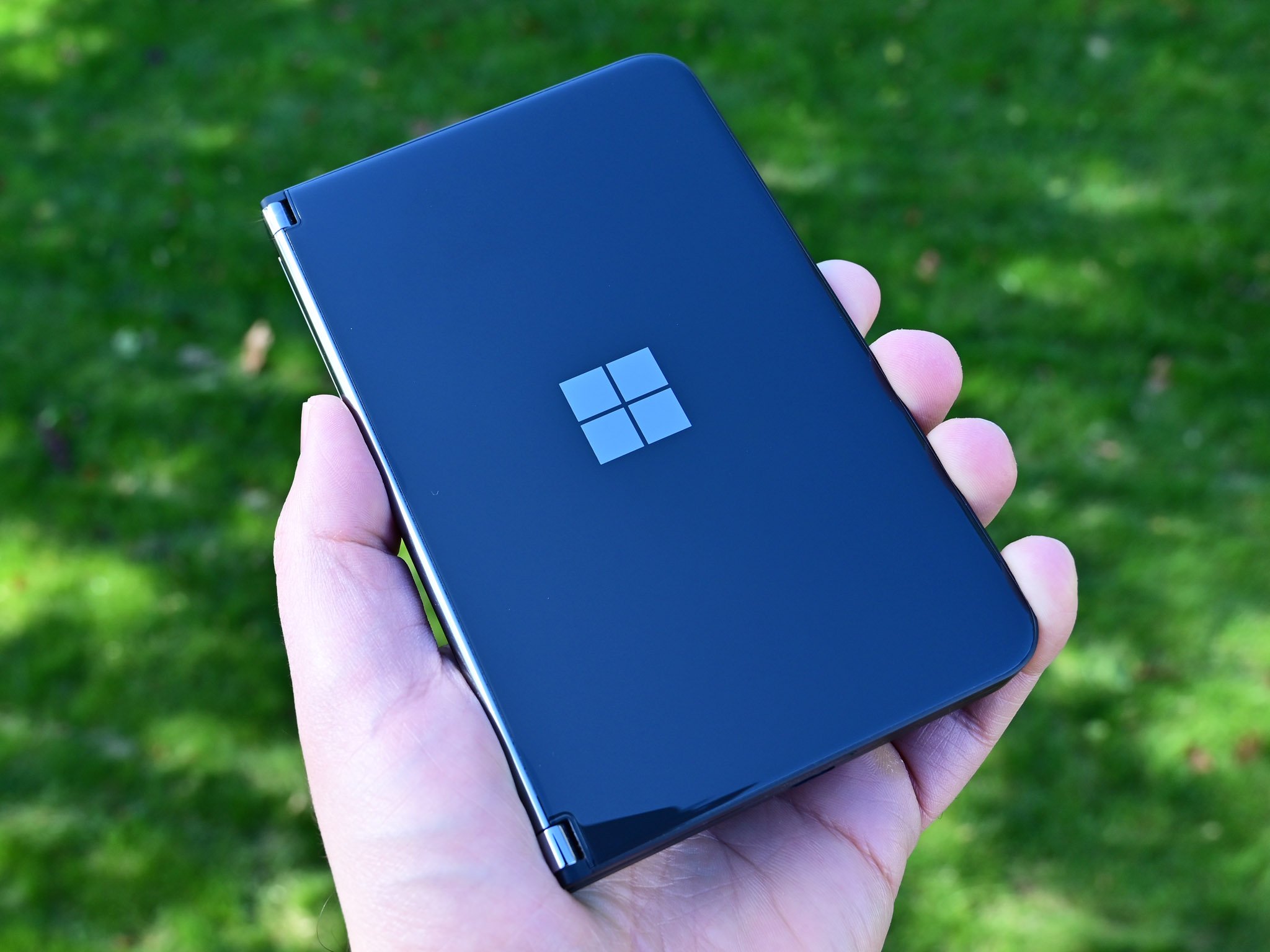
All the latest news, reviews, and guides for Windows and Xbox diehards.
You are now subscribed
Your newsletter sign-up was successful
A developer recently managed to get Windows 11 running as a virtual machine on a Pixel 6 that was on the Android 13 developer preview. The feat was likely done as a bit of fun, but it sparked my interest in the concept of Windows on a phone in 2022. I don't think Microsoft will return to the days of Windows Phone, but a versatile device could provide a way to get Windows back onto mobile hardware.
Rather than Microsoft creating a new Windows Phone, my dream is to have a device that runs Android when in your hand and Windows when attached to a monitor. Think Continuum, but with full-blown Windows 11 on ARM when you're at your desk and Android when you're on the go.
Here's why I'd love to see such a dual-boot device, even though I don't think it will ever exist.
Windows isn't built for phones
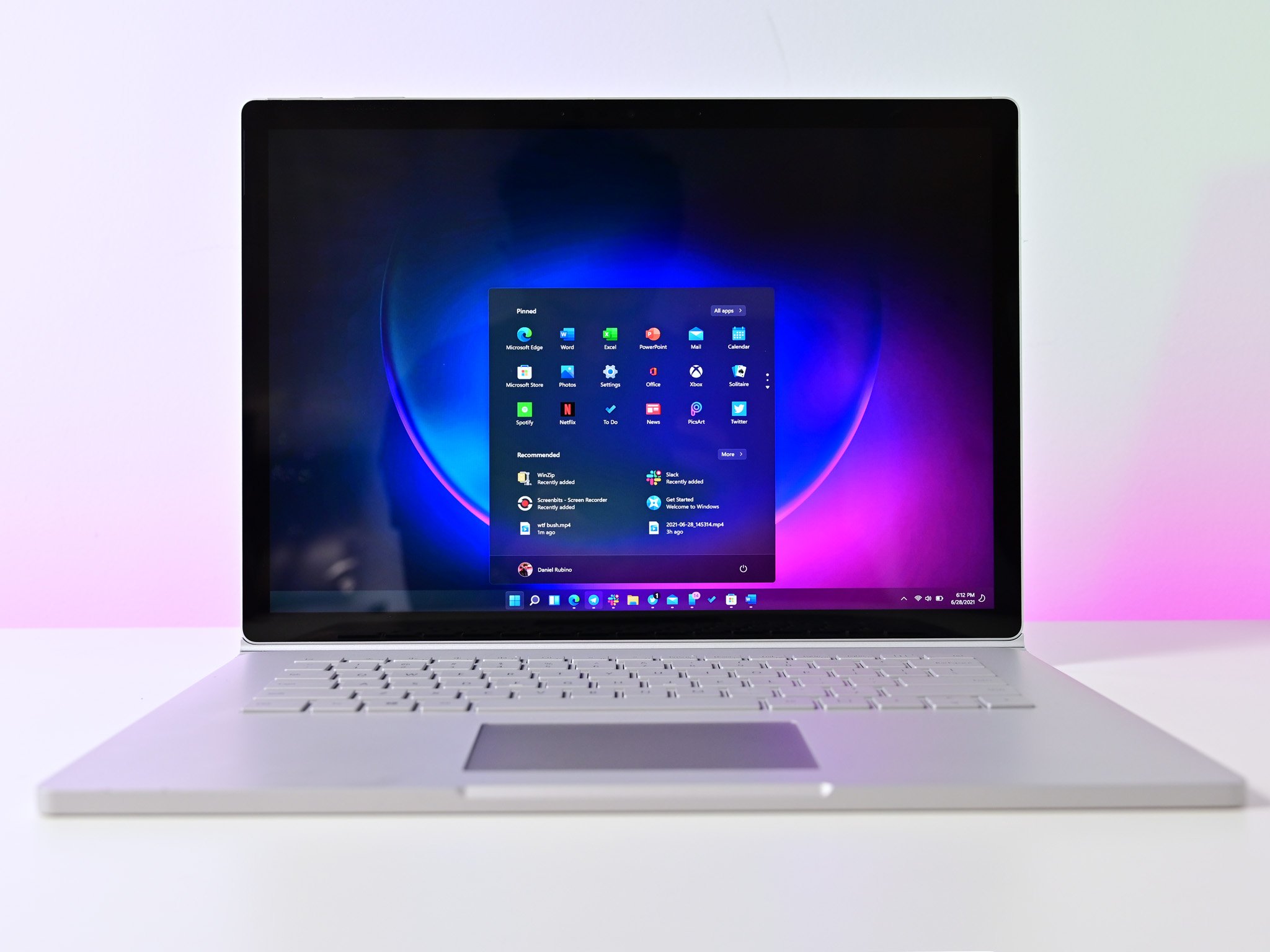
Some may ask, "why not just have a mobile device run Windows?" While I was a fan of Windows Phone and Windows 10 Mobile, the full desktop version of Windows is not built for small devices. The UI of Windows doesn't scale down to smaller screens. Microsoft is working on more gestures for Windows 11, but those are for tablets and 2-in-1s, not phones. All of this is fine, of course, as devices like the Surface Pro 8 are popular.
Microsoft would have to spend an enormous amount of time, money, and energy to make full-blown Windows 11 work on mobile devices. Why would Microsoft go through that hassle for such a small group of people? Even when Microsoft invested in Windows Phone, the platform lagged behind iOS and Android in terms of popularity. I can't imagine a Windows 11 phone would be more popular than anything from the peak days of Lumia.
If Microsoft managed to make Windows 11 feel natural on phones, the platform would still lack critical apps. Yes, Microsoft has worked hard to close the app gap, but many of those efforts were aimed at PCs, such as the Microsoft Store supporting unpackaged apps. Progressive Web Apps are more mature than they were when Windows 10 Mobile was killed off, but they don't close all of the holes.
Windows wouldn't work on a phone in its current state, but a mobile phone could power Windows.
All the latest news, reviews, and guides for Windows and Xbox diehards.
Phones now have specs that rival PCs
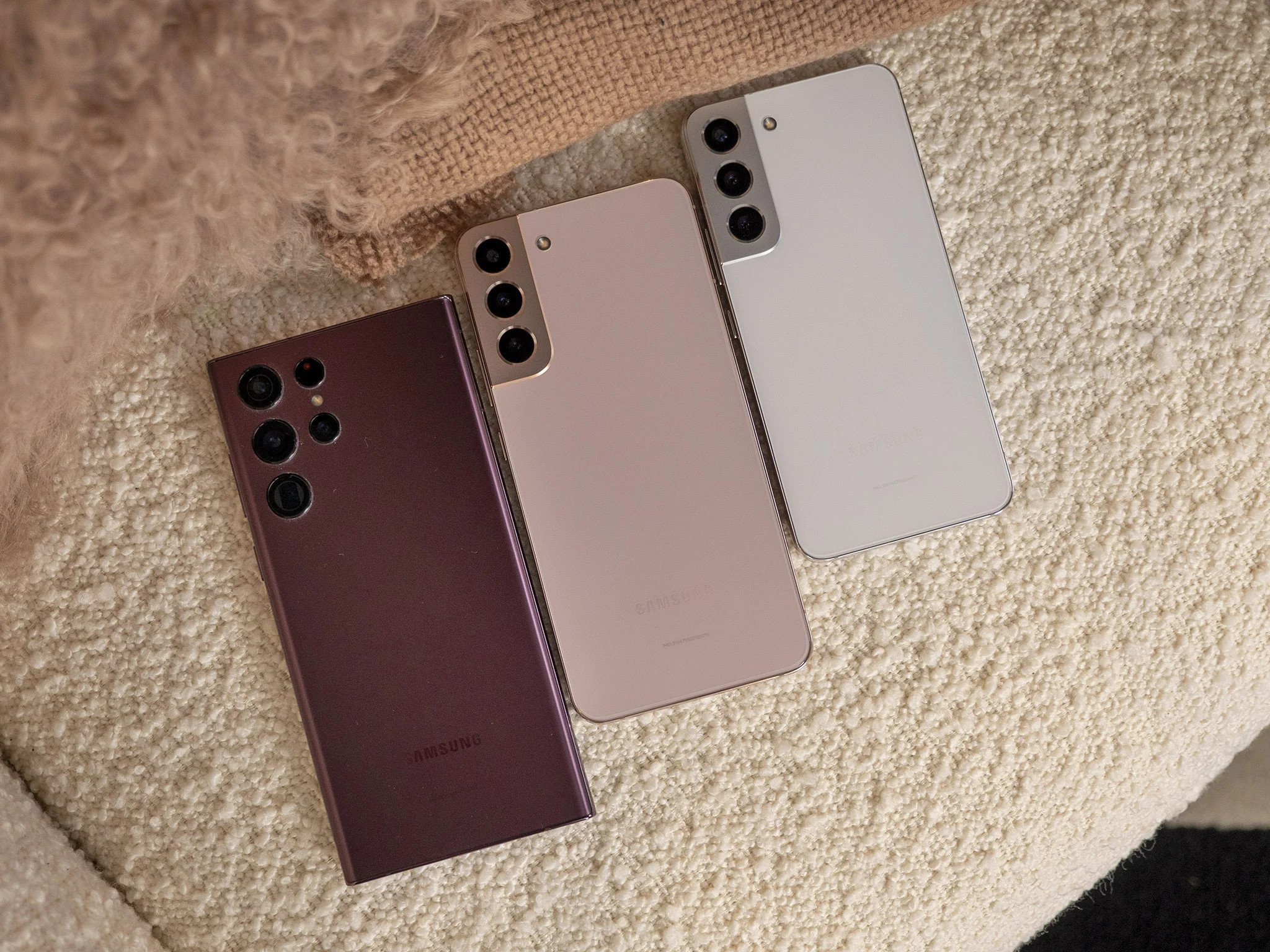
Some of the primary components inside phones now rival or surpass those seen in Windows on ARM PCs. My wife has a Lenovo C630, which runs on a Snapdragon 850 processor and has 8GB of RAM. Even a newer device like the Surface Pro X has a chip that roughly lines up with the Snapdragon 865, at least on the CPU side of things.
For context, XDA's Geekbench 5 benchmarks show the Snapdragon 8 Gen 1 with a single-core score of 1,235 and a multi-core score of 3,758. The Surface Pro X with an SQ2 processor got a single-core score of 798 and a multi-core score of 3,100 in our testing.
It may be a while before a phone's hardware could keep up with the best Windows laptops, but I certainly think today's flagship phones could handle a casual Windows workflow at a desk.
Haven't we tried this before?
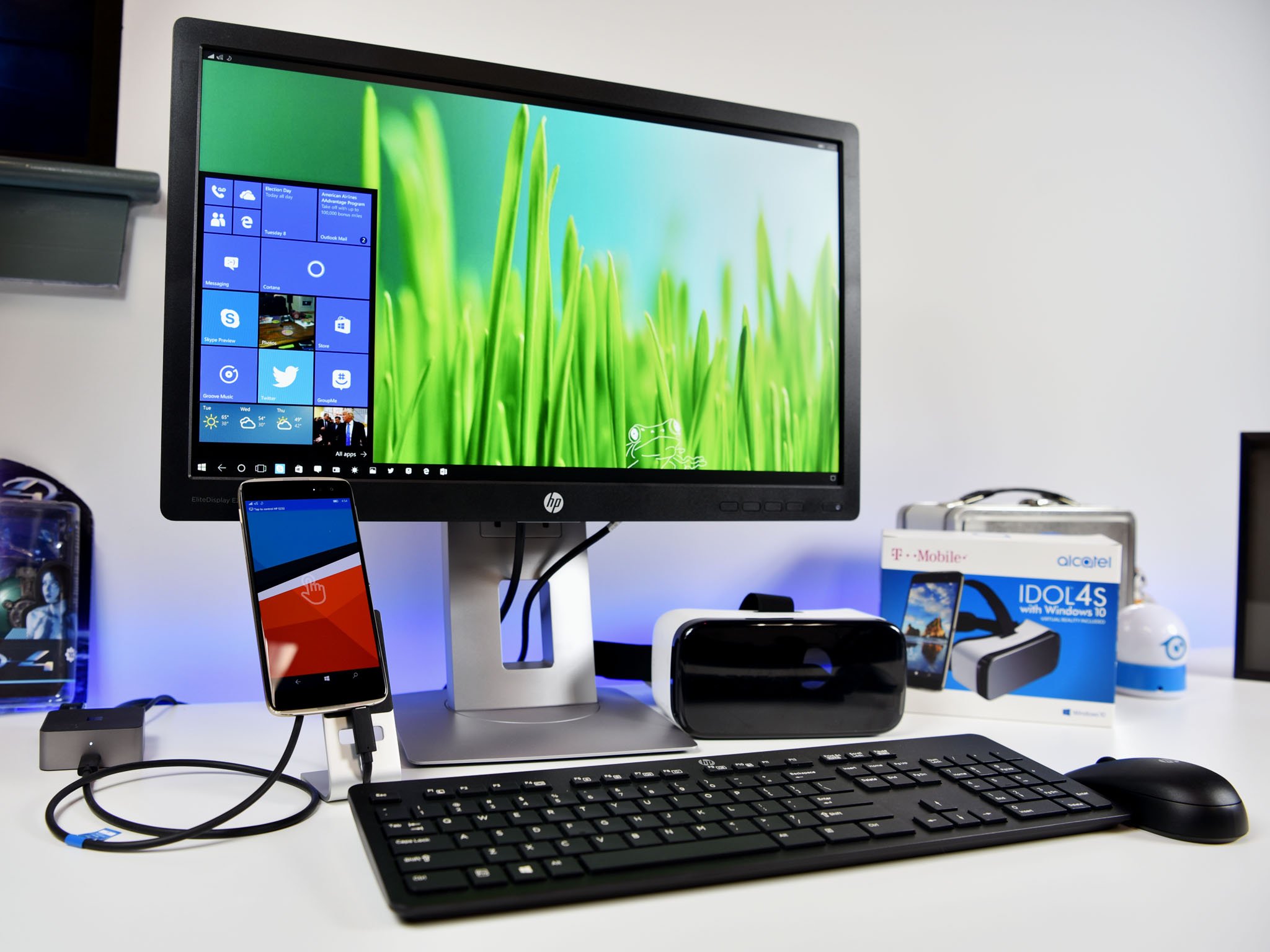
The idea of a phone expanding to a desktop when docked isn't a new concept. Microsoft did it with Continuum, and Samsung still does it with DeX. One of the biggest drawbacks to the concept is that most people don't walk around with a loose keyboard, mouse, and monitor. This is a big reason why DeX makes more sense on a tablet like the Galaxy Tab S8 than it does on a phone.
A flexible Android/Windows phone wouldn't fix the hardware requirements of docking a device. It would, however, improve the resulting desktop provided for those that decide to use the feature. Microsoft has invested heavily in Windows on ARM over the years, and it's good enough for many everyday workflows.
A dream of the ultimate mobile machine
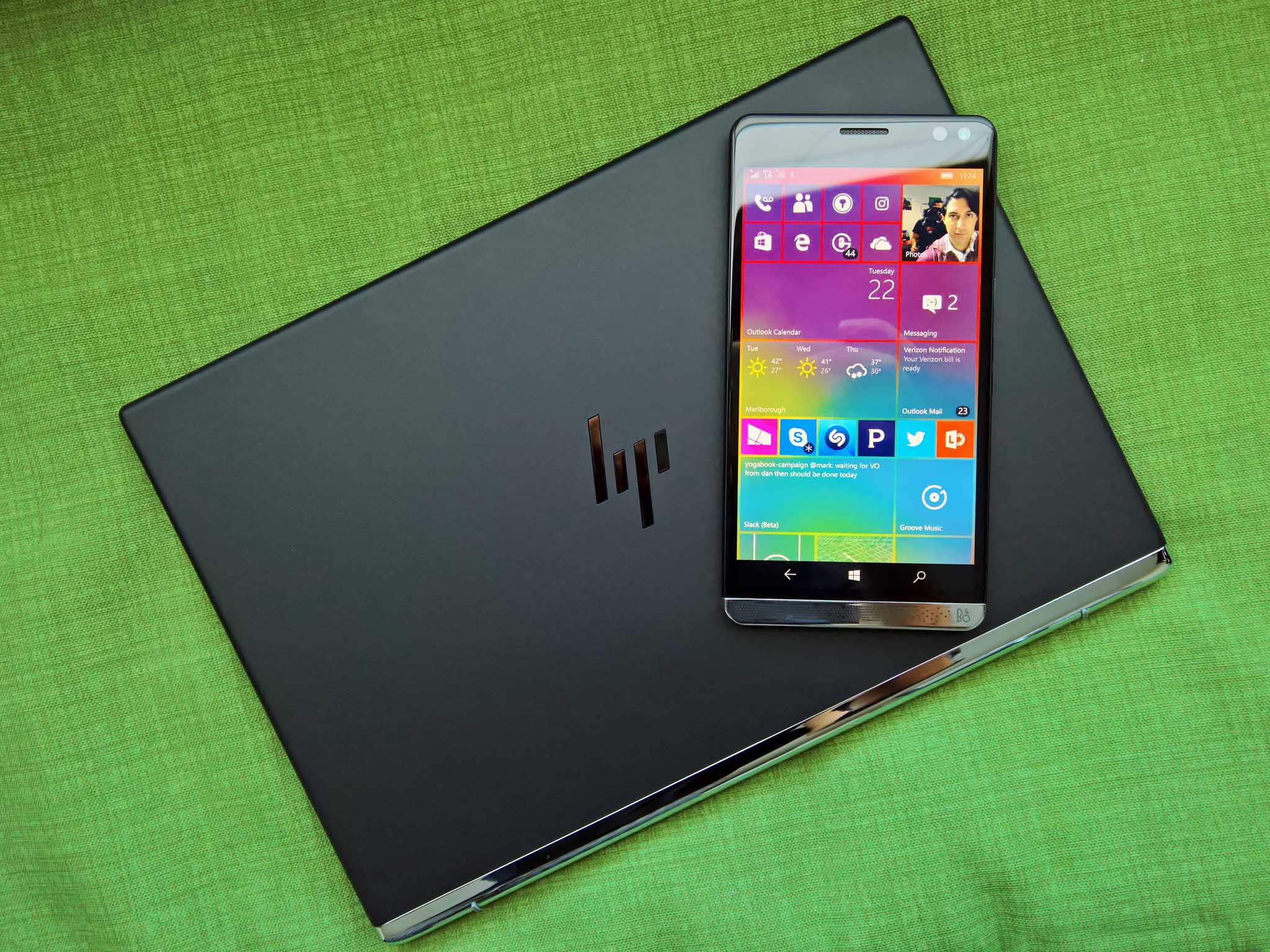
I would love to see a dual-boot phone that runs Android and Windows 11, but I doubt such a device will ever exist. Samsung's DeX is already niche and goes unused by many people with the latest flagship Galaxy phones. I imagine a dual-boot device would be even more niche.
My dream device seems unlikely to be made but I think it would provide a unique feature set for those that embrace it. I do have a monitor sitting at my desk. I could easily set up a dock to drop a phone into. I'd like to think I'm not the only one that would love an Android/Windows hybrid.
If a company steps up to create my dream device, the phone will deliver the perfect combination of mobile and desktop computing. I could have the refined Android experience in the palm of my hand and full-blown Windows 11 at my desk, all from a single machine.

Sean Endicott is a news writer and apps editor for Windows Central with 11+ years of experience. A Nottingham Trent journalism graduate, Sean has covered the industry’s arc from the Lumia era to the launch of Windows 11 and generative AI. Having started at Thrifter, he uses his expertise in price tracking to help readers find genuine hardware value.
Beyond tech news, Sean is a UK sports media pioneer. In 2017, he became one of the first to stream via smartphone and is an expert in AP Capture systems. A tech-forward coach, he was named 2024 BAFA Youth Coach of the Year. He is focused on using technology—from AI to Clipchamp—to gain a practical edge.
